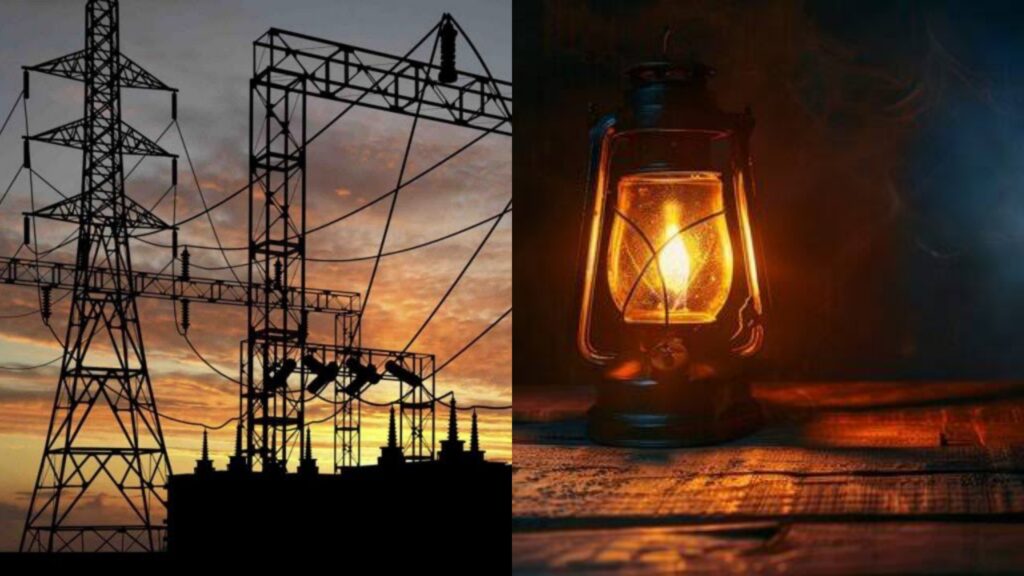Martins Olasehinde

Nigeria’s power grid has suffered yet another collapse, plunging the West African county into another round of darkness.
The collapse which happened around 11:28am, on Thursday, is the second this week and 10th in 2024. October alone saw three separate failures, prompting the federal government to order a public inquiry into the root causes of the frequent collapses.
“BREAKING: Another Grid Setback Experienced,” @NationalGridNG said on social media platform X on Thursday.
A check on Independent System Operator (ISO), an autonomous arm of the Transmission Company of Nigeria (TCN) showed all power plants connected to the grid didn’t produce any electricity around 12pm.
The ISO’s website showed the generation plants produced an average of 2,323 megawatt of electricity around 11am but reading 0.00MW for 12pm.
TCN could not be reached for comment over the latest collapse.
However, a power distribution company in the country, Jos Electricity Distribution, JED Plc confirmed that the current outage being experienced within its franchise is a result of loss of power supply from the national grid.
“The loss of power supply from the national grid occurred this morning at about 11:28 hours of today, Thursday, 7th November 2024, hence the loss of power supply on all our feeders,” JED Plc said. “We hope to restore normal power supply to our esteemed customers as soon as the grid supply is restored back to normalcy.”
Nigeria’s electricity sector continues to grapple with the recurring challenges of an unstable national grid, frequently resulting in widespread blackouts.
In November 2013, the federal government privatized power generation and the 11 distribution companies while retaining ownership of the transmission company to boost efficiency in the sector.
However, grid failures have persisted, sparking calls for further reforms.
Despite being Africa’s most populous nation, Nigeria struggles to generate even 5,000 MW of electricity, leaving millions of citizens in prolonged darkness.
Some stakeholders now advocate for the privatization of the grid system and the introduction of state-level power transmission to alleviate pressure on the national grid and enhance stability.
